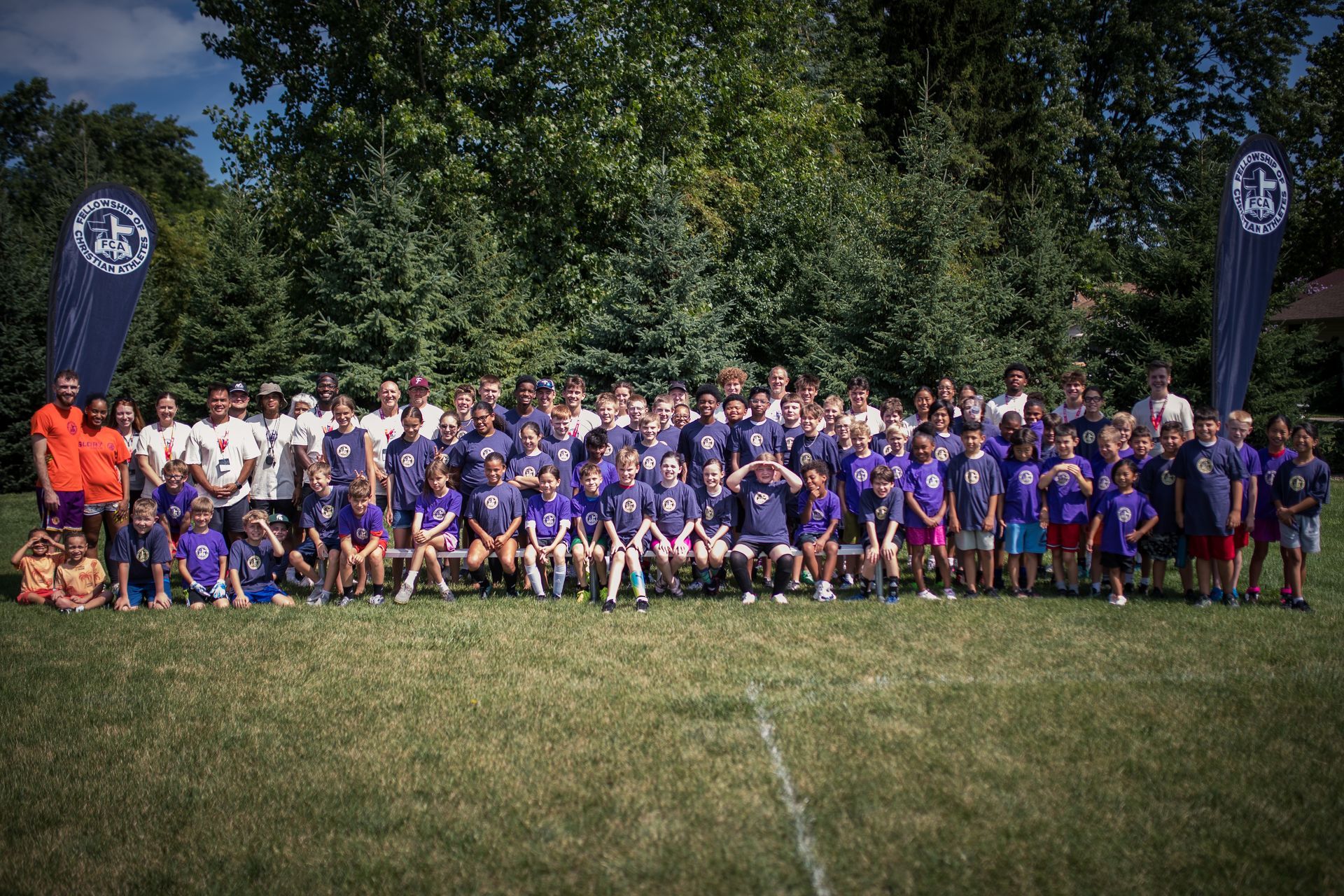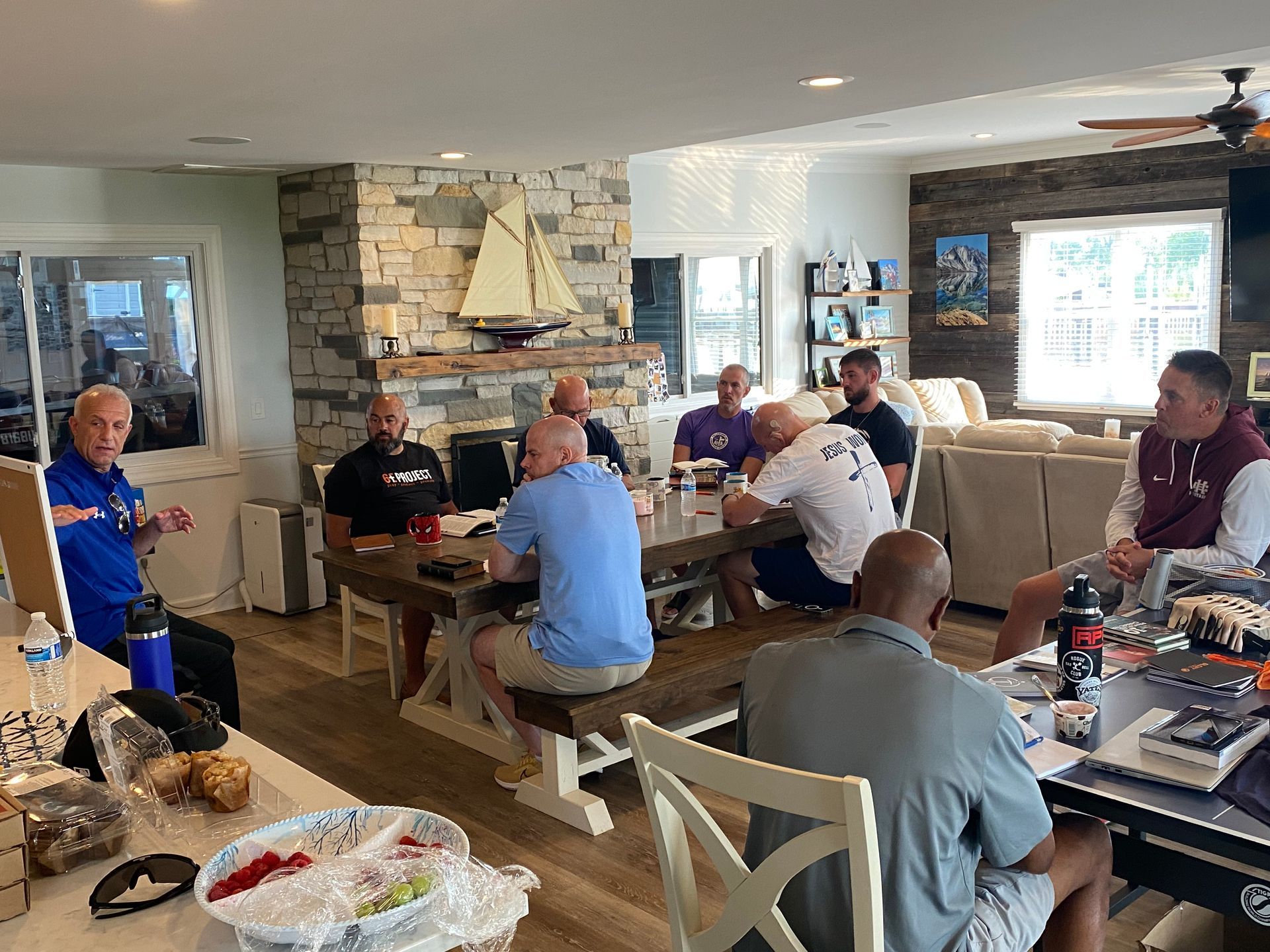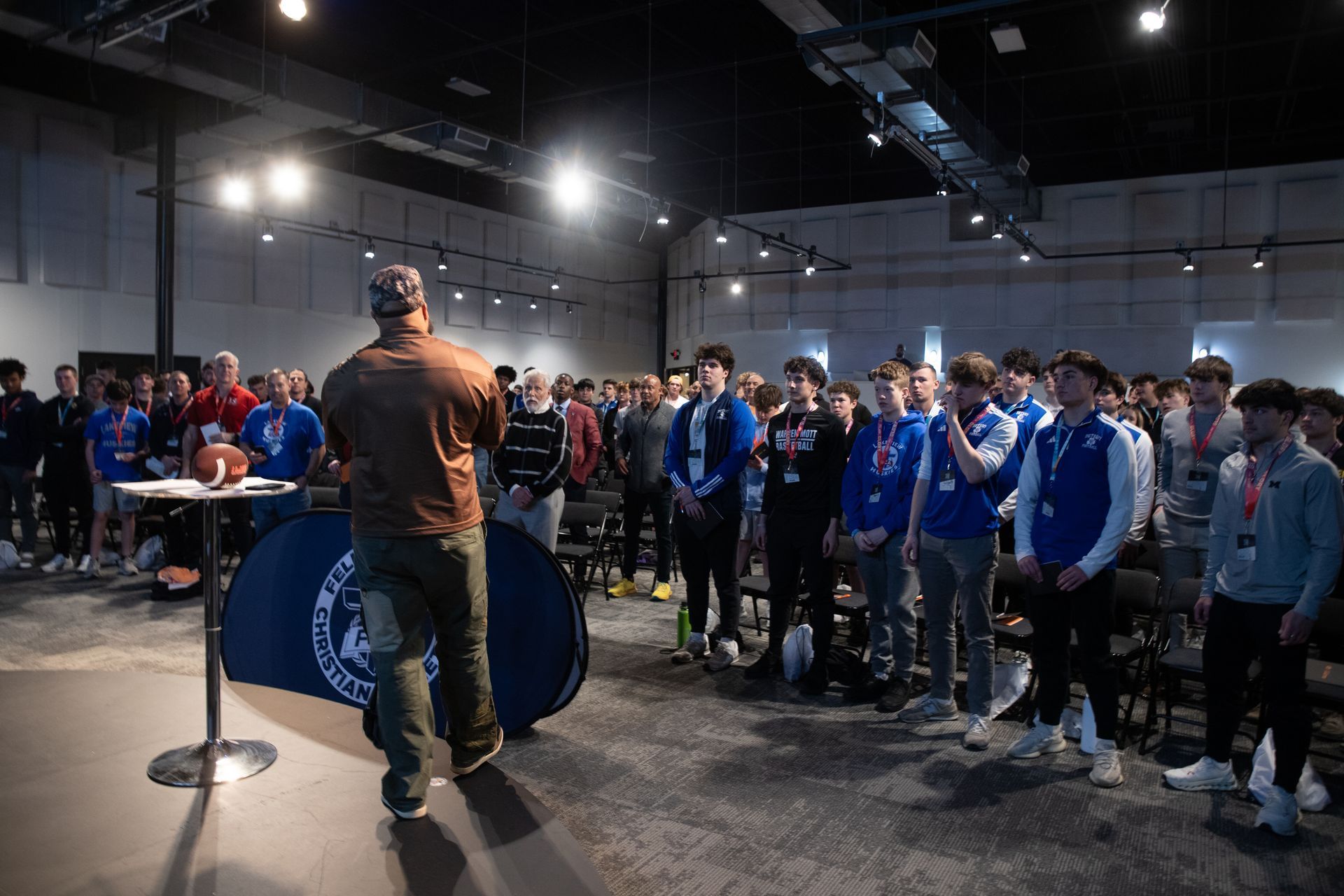Reflections of John 6-10
Timothy Morton • April 25, 2020
Then Jesus declared, “I am the bread of life. Whoever comes to me will never go hungry, and whoever believes in me will never be thirsty. John 6:35
On the last and greatest day of the festival, Jesus stood and said in a loud voice, “Let anyone who is thirsty come to me and drink. Whoever believes in me, as Scripture has said, rivers of living water will flow from within them.” John 7:37-38
To the Jews who had believed him, Jesus said, “If you hold to my teaching, you are really my disciples. Then you will know the truth, and the truth will set you free.” John 8:31-32
Then the man said, “Lord, I believe,” and he worshiped him. John 9:38
“I am the good shepherd. The good shepherd lays down his life for the sheep. John 10:11
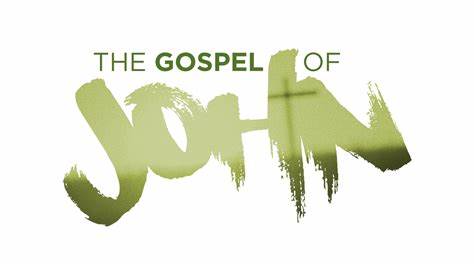
What did I learn about God and myself from the reading?
In John 6, Jesus has just fed 5,000 men and walked across the Sea of Galilee and the crowd has followed Him. They were hungry again, but Jesus knew their heart and took advantage of a chance to teach them. Jesus tried to lift their understanding above their material, physical needs by saying "I am the bread of life, He who comes to me will never hunger". He hoped to lift up their eyes from material bread and earthly kingdoms, and on to spiritual realities. They needed to put their confidence in Jesus instead of in material bread. Jesus explained that the one who comes to Him, receives Him, and believes upon Him will find his spiritual hunger satisfied in Jesus.
In my research of John 6 I learned that faith in Christ is simply and truly described as coming to him. Just like a child comes to his mother, a blind man comes to his home, even an animal comes to his master. Coming is a very simple action, it seems to have only two things about it, one is, to come away from something, and the other is, to come to something. Lord, I pray that each day I come to you as a man to his Father with a spiritual hunger ready to be fed by your love and teaching.
In John 7, Jesus is in Jerusalem during the Feast of Tabernacles. In my research I learned that this was a joyful, weeklong celebration in September or October when families camped out in temporary shelters to remember God’s faithfulness to Israel in the wilderness on the way from Egypt to Canaan under Moses. On the last day of that great feast Jesus makes the statement “If anyone thirsts, let him come to Me and drink. He who believes in Me, as the Scripture has said, out of his heart will flow rivers of living water.” This was significant to those at the feast. The Feast of Tabernacles lasted eight days. All through the first seven days water from the Pool of Siloam was carried in a golden pitcher and poured out at the altar to remind everyone of the water God miraculously provided for a thirsty Israel in the wilderness. It seems that on the eighth day there was no pouring of water – only prayers for water – to remind them that they came into the Promised Land. Jesus boldly called people to Himself to drink and satisfy their deepest thirst, their spiritual thirst.
As in John 6, this is directly related to coming to Jesus. Those that come to Jesus and believe will never hunger, and in this case will never thirst. To come to Jesus and to drink I essentially need to put my faith into Him; to trust in, rely on, and cling to Jesus for both time and eternity. Jesus did not only speak of something coming into a person, but something flowing out of them as well. It was not only a blessing received, but also becoming a source of blessing to others. Jesus, I pray that each day I come to you that I may drink deeply of your love for me. May this love overflow to the others in my life and bless them.
In John 8, Jesus is being confronted by the religious authorities as they want to silence and arrest Him. He still continues to boldly teach. He proclaims Himself to be "the light of the world". It is still the Feast of Tabernacles, during the feast, many emblems and ceremonies remembered the pillar of fire that gave light to Israel during the Exodus. Now, Jesus took this important symbol and simply applied it to Himself. But the passages that stood out to me was when Jesus starts to stake His claim as to who He is in relation to His Father. Those that stand against Him do not understand His witness. They don't know the Father, the way that Jesus does. Their pride and prejudice works against them. But there were Jews there that believed. They believed the truth of who He was and still is. For those that held on to His teaching, He said "you will know the truth, and the truth will set you free". In my research, I learned that as we prove ourselves to be His disciples, we know the truth, and God works His freedom in our life through His truth. The freedom Jesus spoke of doesn’t come from just an academic pursuit of truth in general; but from abiding in His word and being His disciple.
Wow!, there is nothing like the freedom I have in Jesus. This freedom can't be bought and It can't be earned. This freedom allows me to be who God has called me to be without regret and fear. I am not held captive from the bondage of sin. Satan has no power over me unless I let him. I have the power of the Holy Spirit on my side. It doesn't make me better than anyone else. It allows me to freely love without expectations. Thank you Jesus for this truth. Thank you for setting me free from the fears that have often prevented me from being who You have called me to be. Help me to freely love others today.
In John 9, Jesus gives sight to a man born blind. His time has not yet come to be led to the cross. As He passes by those that want to stone Him, He sees the man. It was widely held at that time, that blindness from birth was due to sin. Jesus states that the parents of this man have not sinned and there is specific purpose for this man. Jesus is going to repurpose this tragedy so that His Father will be glorified. There had to be many times the man and his parents had to "why?" Jesus was now going to create a miracle that would change the man, his family, and community forever. Jesus used what was undoubtedly one of His more unusual methods leading to a miracle. Jesus found it important to change His methods of healing so one could never make a formula of the methods. The power was in God, not in a method. He spit on the ground and made mud. He placed the mud on his eyes. He asked Him to wash in the pool of Siloam. In my research, I learned that in this miracle Jesus took all the initiative. Jesus came to the blind man; the blind man did not come to Him. Even so, He expected the blind man to respond with faith-filled action. The healing would not happen unless the man responded with those faith-filled, obedient actions. So he goes and he comes back seeing. There is a huge controversy over the healing. The man is questioned repeatedly. Even his parents are questioned. What I found interesting was that the man didn't really know who Jesus was. All he really knew was that he was blind and now he could see. He is brought before the Pharisees mainly because Jesus chose to heal this man on the Sabbath. Jesus clearly knew this and knew that it would challenge their petty traditions. Even though this amazing miracle stood out to them, they saw Jesus as a sinner. The man that was healed begins to get frustrated by all the questioning. He finally asks the Pharisees "Do you also want to be His disciples?". This means that he had become one himself. This man, who was born blind and probably a beggar, was now going to teach the Pharisees. In their frustration, the excommunicate him. The excommunication of the blind man – difficult as it was – turned out to be a good thing, because he would shortly be far more connected to Jesus. Jesus made it a point to meet him and receive him. Jesus called on the healed man to fully believe, and he did.
This is an amazing story! There is so much that I learned from this! The first lesson for me is that sufferings can advance the work of God in the world. It is in conquering and abolishing of suffering that He is made known. The question for me is not where the suffering comes from, but what am I going to do with it. The second lesson is that when I see someone else suffering there is an opportunity display mercy and love of God in their life. Jesus pursued this man and had compassion for Him. The third lesson I learned is that the greatest witness of the healing work of Jesus in my life is the story of who I was and who I am now. This man was blind and then he could see. He didn't try to figure it all out. Jesus came back and helped him with that. Jesus wasn't even there when he was healed. This is a remarkable testimony of the life changing power of Christ. Lord, thank you for this incredible story of your healing and restorative power in my life. Thank you for the simplicity of the Gospel message and how my story fits into it. Help me to see the opportunities in my life to display mercy and love in the lives of others.
In John 10, Jesus teaches that He is the true, legitimate shepherd as opposed to the false shepherds of Israel. After the great conflict with the religious leaders regarding the man born blind. The religious leaders had shown themselves to be so unhelpful and cruel to the man, his parents, and the common people in general that Jesus felt it necessary to talk about the contrast between His heart and work as a leader to God’s people and the heart and work of many of the religious leaders of His day. Jesus says "I am the good shepherd. The good shepherd gives His life for His sheep". Jesus said it so plainly there could be no mistake what He meant. He fulfills the ideal of shepherd-like care for the people of God as illustrated in the Old Testament and in that culture. What Jesus described as a good shepherd is actually a very remarkable shepherd. Shepherds may take risks for the safety of the sheep, but it is probably rare to find one who would willingly die for their sheep. In my research, I found this quote from Charles Spurgeon on Jesus as our good shepherd: “He is giving his life still. The life that is in the man Christ Jesus he is always giving for us. It is for us he lives, and because he lives we live also. He lives to plead for us. He lives to represent us in heaven. He lives to rule providence for us.” This shows our dependence on Jesus.
I have had a chance to actually look over the green pastures of Israel and see shepherds with their sheep. As I read these verses in John 10, I can identify with strongly with Jesus as my shepherd. Sheep need the guidance of the shepherd. They follow. They know His voice. Sheep need the protection of the shepherd. There are threats. The evil one comes to rob, steal, and destroy. The shepherd carry's a rod to fend them off. If a sheep strays from the herd. The shepherd will leave the herd to find the one. The shepherd know each of the sheep because they are all uniquely made. This is an amazing picture that gives me comfort and peace. Jesus, thank you for being my good shepherd. I am dependent on you and I'm not afraid to admit it. Thank you for guiding, providing, and protecting me in your pasture. Thank you for going after me when I strayed from the herd. May I live forever within the distance of Your voice.
Metro Detroit FCA Blog
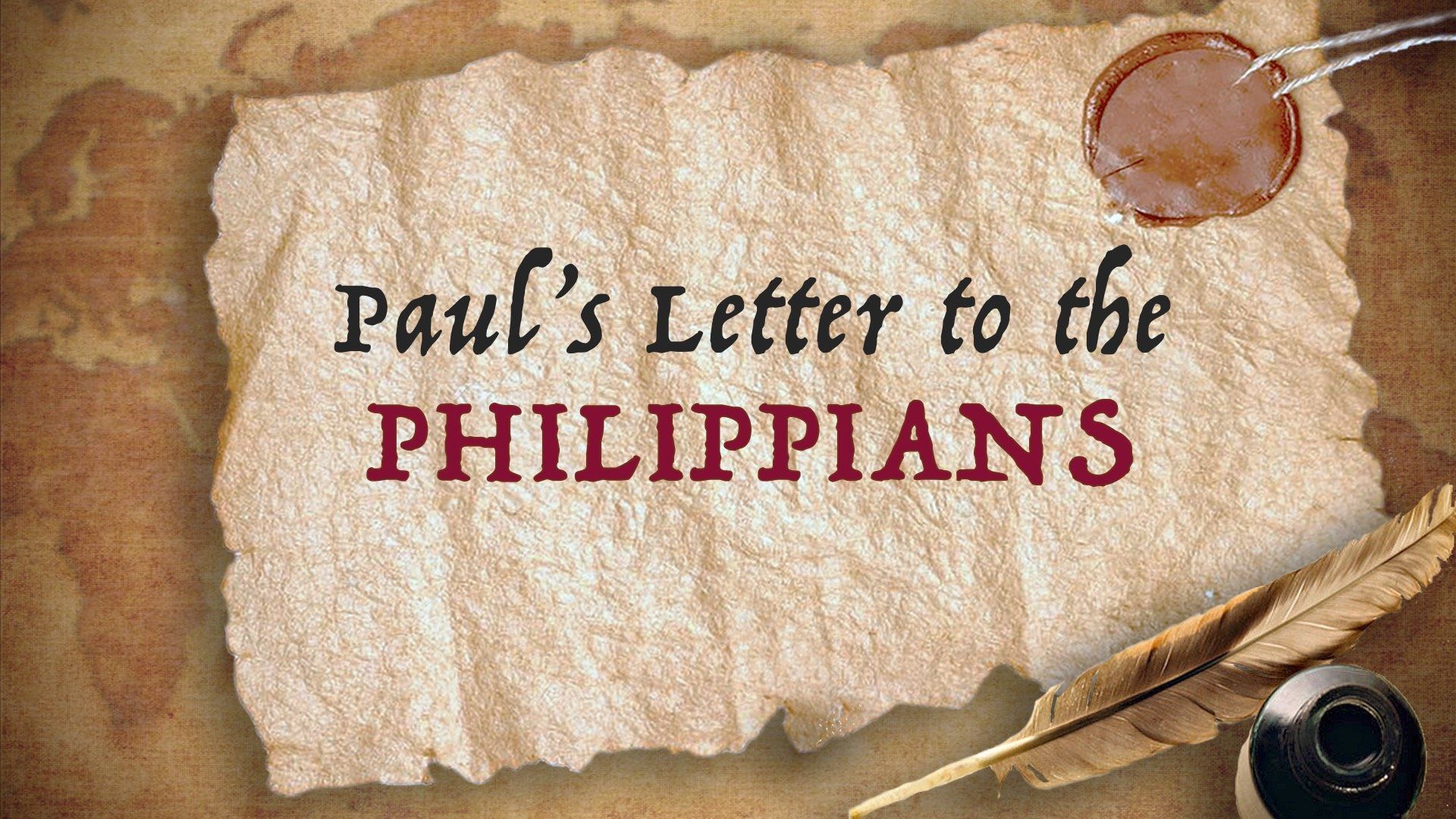
But our citizenship is in heaven. And we eagerly await a Savior from there, the Lord Jesus Christ, who, by the power that enables him to bring everything under his control, will transform our lowly bodies so that they will be like his glorious body. What was revealed to me in Philippians 3:20-21? I love traveling to other countries to see how others live and learn about their culture and history. Every country has a story, and it can give us perspective into their way of life. It can be a little awkward at times because I am in a place that is not my home. I am going to stand out in the crowd because I am not from there. And even though it is fun and exciting to learn about unfamiliar places, it is comforting to know that I will be going back home at some point where I am a born citizen. This is Paul's point with the Philippians. He even takes it one step further. We are citizens in heaven. This is not our home. Even what you think is your home is not. We need to act in such a way that others know where are home is. We need to be excited about finally being home with Jesus. It is like the week before a vacation. Your excited because you are going to be going somewhere different. Your live with anticipation of what is going to happen. The vacation never lives up to the hype and there is always the dreaded trip back home. Brothers and sisters, we will not have to worry about that. We can live with anticipation every day because we know that this is not our home, and we will be with Jesus one day. Except this time, it will live up to the hype and more. This time, we will not have the dreaded trip back. Jesus will bring all things back into order and we will have heavenly bodies free from sin. We will be with God forever! Amen, Amen, Amen! What a great letter that Paul wrote to the Philippians! There are so many "friends" and "daggers". A had a pastor who taught scripture memorization, who put verses into these two categories so he could access them depending on what was needed for the situation he was in. He had also struggled with depression and anxiety and the "friend" verses comforted him. He also felt spiritually attacked at times and needed a "dagger" to fend off the evil one. Here is my "friend" and "dagger" from Chapter 4: Friend: Rejoice in the Lord always. I will say it again: Rejoice! Let your gentleness be evident to all. The Lord is near. Do not be anxious about anything, but in every situation, by prayer and petition, with thanksgiving, present your requests to God. And the peace of God, which transcends all understanding, will guard your hearts and your minds in Christ Jesus. Dagger: I know what it is to be in need, and I know what it is to have plenty. I have learned the secret of being content in any and every situation, whether well fed or hungry, whether living in plenty or in want. I can do all this through him who gives me strength. What was revealed to me in Philippians 4:4-7 and 4:12-13? Paul’s joy was not based in a sunny optimism or positive mental attitude as much as it was the confidence that God was in control. It really was a joy in the Lord. When we live with the awareness of Jesus’ soon return, it makes it all the easier to rejoice in the Lord and to show gentleness to all men. Paul commands us to not be anxious. Worry is in fact a type of sin. God wants us to bring everything to Him. He already knows our requests before we say them, but He will wait for us to engage to work through our requests. I have a brother in Christ who has helped me with my prayer life. He lives by the adage "stop, drop, and pray". The peace of God does not just surpass the understanding of the worldly man; it surpasses all understanding. Even the godly man cannot comprehend this peace. When people seem to “lose” their heart or mind, it often is connected to an absence of the peace of God in their life. “There are a great many men that know a little how to be abased, that do not know at all how to abound. When they are put down into the pit with Joseph, they look up and see the starry promise, and they hope for an escape. But when they are put on the top of a pinnacle, their heads grow dizzy, and they are ready to fall.” (Spurgeon) Paul had to learn that contentment, is not natural to mankind. He lived it out. He was financially well off and he had been financially in need. According to Spurgeon, it is much harder to have a lot and be content. We start to think it is all about us and pride starts to seep in. This verse brings out the "dagger" to slay our pride. Paul had the ability to be content in all things because of the strength of Jesus. We must always also put this precious statement of faith in connection with John 15:5: for without Me you can do nothing. With Jesus we can do all things, without Him we cannot do anything.

I thank my God every time I remember you. In all my prayers for all of you, I always pray with joy 5because of your partnership in the gospel from the first day until now, being confident of this, that he who began a good work in you will carry it on to completion until the day of Christ Jesus. What was revealed to me in Philippians 1:4-6? This portion of Philippians is very special to me. I will often send it as a prayerful thank you for those that have partnered with me in the ministry of FCA. Whether it is the faithful prayers, the sharing of time and talents, and even financial resources, these are greatly needed and appreciated. There would be no ministry of FCA without this. Those in Philippi got behind Paul because of who he was and his heart for the Gospel of Jesus Christ. His "work" was spreading this "good news" throughout the world. They would not be compelled to do this unless they believed in him and his work. He wants them to be encouraged even though they face opposition. He wants to show them that even though he is in prison, the mission doesn't change. In fact, it becomes more important. Our mission is to lead every coach and athlete into a growing relationship with Jesus Christ and His church. This past year has been challenging for all of us. The opposition that we are up against here is nothing like what Paul went through, but we all have our own individual challenges that we are currently have or have had. The mission was clear back then and it is today. Our methods and strategies may have to change because of the circumstances we are in. God will complete His work! Do everything without grumbling or arguing, so that you may become blameless and pure, “children of God without fault in a warped and crooked generation.” Then you will shine among them like stars in the sky as you hold firmly to the word of life. What was revealed to me in Philippians 2:14-16? This chapter is all about humility. No one modeled this better than Jesus. The Philippians struggled with this. There is definite conflict among themselves or with God. One aspect of humility is how treat others in their presence. Do we act as if they have value? Or do we just want them to see our point of view as right and theirs as wrong. It's easy to treat someone well that believes like you and is a part of your circle. Do we see others as problems to be fixed? We can have the same attitude with God. It is easy to ask God the "why" questions when trials happen, or things don't go according to plan. We can become bitter and grumble instead of grateful and humble. Brothers, if we want to stand out and "shine like stars" we need to be different. We need to live in such a way that others will be curious as to why. We don't control how others will respond. We only have the ability through the power of the Holy Spirit to control our response. I had this quote that I would use with my players as I wanted them to be grateful for what they had and not bitter for want they didn't have: “Any fool can criticize, condemn, and complain, and most fools do!”
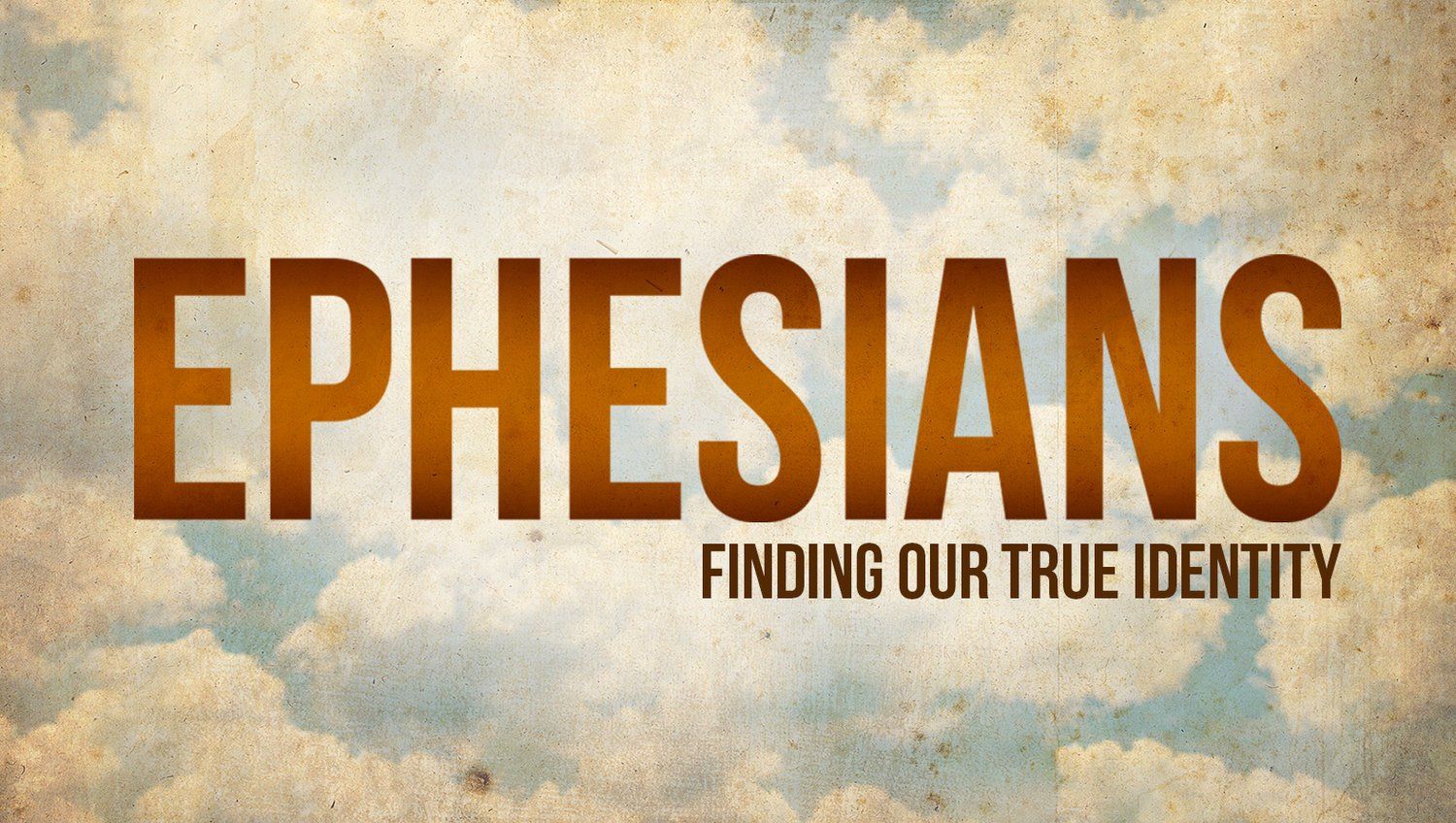
So Christ himself gave the apostles, the prophets, the evangelists, the pastors and teachers, to equip his people for works of service, so that the body of Christ may be built up until we all reach unity in the faith and in the knowledge of the Son of God and become mature, attaining to the whole measure of the fullness of Christ. What was revealed to me in Ephesians 4:11-13? Not all followers are called into ministry, but all play a role in the body of Christ. I once heard someone say that God doesn't call the qualified, He qualifies the call. He can use anyone who feels called. I just took a spiritual gifts assessment to find out what my spiritual gifts were. It was very affirming. My top spiritual gift was teaching. Tied for second was faith and leadership. The assessment had this charge: Be bold in your faith walk and take it to another level in teaching others. There is power in your teaching. Do not hold on to anything but use everything in His name and use to build the body of Christ. Keep your eye on the vision God has given you! This statement applies to every believer! Jesus has gifted you for the work and vision He has given you! We all need to use our gifts to build up the body. As we continue to battle every day, stumbling forward in the grace of God, we will become mature in Him. We will equip others. We will help bring unity and not division. This is our charge. I am proud to be in the battle on God’s team as we lock arms spiritually each day. However, each one of you also must love his wife as he loves himself, and the wife must respect her husband. What was revealed to me in Ephesians 5:33? If verse 33 in this great passage could be boiled down to two principles which must govern our thinking and our actions as married people, those two are: Husbands: Understand that you and your wife are one, are a unity. Wives: Understand that your unity has a head – your husband. These principles are easier said than done. Men and woman are made differently, therefore we communicate differently. A woman hears and sees things much differently than a man does. The key is that both in the marriage are accepting of God's plan for marriage and what His Word says about it. If I value my vertical relationship with God, then I will work under His authority and obey His Word. Therefore, I need to love my wife like Christ loved the church. I need to love my wife like my own body. I need to honor her as my helper. The better I love her with the love of Christ, the more motivated she will be to respect and honor me. For our struggle is not against flesh and blood, but against the rulers, against the authorities, against the powers of this dark world and against the spiritual forces of evil in the heavenly realms. Therefore put on the full armor of God, so that when the day of evil comes, you may be able to stand your ground, and after you have done everything, to stand. What was revealed to me in Ephesians 6:12-13? After Paul has given us instruction on why we should love and how we should love, he is clear in where the real battle can be found. There are so many facets to the character of Jesus that we can identify with depending on where we are in our faith and what trial we are going through. I have spent so much time identifying what an authentic man of God looks like and acts like. Every day I try to identify with my warrior Jesus. There is no doubt, if you are striving to follow Christ and be an authentic man of God, YOU WILL BE ATTACKED! What is helping me is that we have a Lord that knows this. In fact, He created these spiritual forces. He only allows them so much influence. He has given us the "armor" to stand and fight them off. He Himself experienced all the temptation that we go through. As an athlete and coach, I loved the battle because it was an opportunity for two things to happen. I could beat my opponent and teach them something and make them better or I could be the one that is taught the lesson. It is all about perspective. We need to prepare. We need to know our opponent and how He is going to attack us. The Holy Spirit can give us wisdom in this area. The full armor of God can protect our weak areas. The full armor of God can give us the weapon to fight back. There may be times when it feels like the enemy is winning. There may be times when the enemy is getting into our heads and creating doubt. But remember this, Jesus has already won the war over sin, death, and the devil. It was finished on the cross and through His resurrection. He is right there with us every day like a great General leading us into our daily battle. He has equipped us and will never leave our side. In Him we can stand.

In him we have redemption through his blood, the forgiveness of sins, in accordance with the riches of God’s grace that he lavished on us. With all wisdom and understanding, he made known to us the mystery of his will according to his good pleasure, which he purposed in Christ, to be put into effect when the times reach their fulfillment—to bring unity to all things in heaven and on earth under Christ. What was revealed to me in Ephesians 1:7-10? We have no redemption outside of Jesus and His blood. His good deeds did not save us. His wonderful teachings did not save us. Only His blood. It was part of the plan from the very beginning. God's grace is so immense that we struggle to comprehend it. Therefore, it is called a mystery. To those that do not know Him it is foolishness. To those that do not know Him they are destined to try to figure it out under their own wisdom and knowledge. Will power only takes you so far. I am learning that if I strive to work under the authority of Christ, God will reveal His great plan for me. Part of that plan will be the bringing of all things into unity. Right now, we see anything but unity in our country if you watch the news or spend time on social media. Satan is loving it when we get caught up in trying to be right and proving someone else wrong. He loves it when we spend all our time and energy trying to fix others to meet our agenda. Even the church itself is very divided. To call yourself a Christian today must come with some clarification. There are countless things that can divide. But God, is still working in the hearts of those who love Him. But Christ, is still changing the hearts of those that humble themselves and what to work under His authority and power. All things in Christ will be brought together in the fullness of the time. On that day there will be two things going on. There will be destruction and celebration. The challenge is to not fix others or condemn them. Only through the power of the Spirit can we love others and live our lives according to His principles. The whole book of Ephesians will help us with this! Consequently, you are no longer foreigners and strangers, but fellow citizens with God’s people and also members of his household, built on the foundation of the apostles and prophets, with Christ Jesus himself as the chief cornerstone. In him the whole building is joined together and rises to become a holy temple in the Lord. And in him you too are being built together to become a dwelling in which God lives by his Spirit. What was revealed to me in Ephesians 2:19-22? Paul ended the last chapter by considering that the ultimate example of God’s power was the resurrection of Jesus. Now Paul considers what the implications of Jesus’ resurrection power are for our life. We have been reconciled to God through the work and life of Jesus. He loved us when we were dead. He extends His amazing grace to save us and create faith. He has an amazing plan for us to work through in the time He has gifted us. This is for all people, not just for the Jew. Unity in one Spirit. It almost sounds too good to be true, but it is! There is only one thing that unifies and brings everyone together into God's family. The chief cornerstone, Jesus. I found this in my research on the cornerstone: Since ancient times, builders have used cornerstones in their construction projects. A cornerstone was the principal stone, usually placed at the corner of an edifice, to guide the workers in their course. The cornerstone was usually one of the largest, the most solid, and the most carefully constructed of any in the edifice. The Bible describes Jesus as the cornerstone that His church would be built upon. He is foundational. Once the cornerstone was set, it became the basis for determining every measurement in the remaining construction; everything was aligned to it. As the cornerstone of the building of the church, Jesus is our standard of measure and alignment. Each of us are a brick in the building of the holy temple of the Lord. God dwells with us by His Spirit. Brothers, this is so foundational to our faith! May we see ourselves as builders of the holy temple and Kingdom of the Lord. Each decision for Christ is another faithful brick to add around our chief cornerstone! I became a servant of this gospel by the gift of God’s grace given me through the working of his power. Although I am less than the least of all the Lord’s people, this grace was given me: to preach to the Gentiles the boundless riches of Christ, and to make plain to everyone the administration of this mystery, which for ages past was kept hidden in God, who created all things. What was revealed to me in Ephesians 3:7-9? This could only happen through the gospel, where all men have an equal standing in Jesus. This is the same gospel Paul is a servant of, because of the gift of grace given to him by the working of God’s power. Paul marveled at the grace given to him, by which he was called to preach the gospel that makes the mystery a reality. When we consider Paul’s personal history, we see that his calling really was all of grace. Paul’s passion was to make this gospel known to all people. He wants everybody to see and share in the fellowship of this mystery – which is a mystery precisely because it was unknown and unknowable until God revealed it. It demonstrates that these are not only facts to know but also a life to live, united in Jesus with other believers, without any separation such as existed between Jew and Gentile. There is so much richness in this chapter. The prayer at the end of the chapter is a wonderful encouragement to other believers who are trying to live out the gospel in their lives. The verses prior is Paul's way to explain what the mystery of the gospel is and the why we should be sharing it with others. The true gospel unifies and divides. The true gospel is a mystery. It was revealed with the finished work of Jesus on the cross. Paul was always marveled on the gift of God's grace because he remembered who he was. I have a bible study teacher at church who was saved when he was 35 years old driving down I-75. The mystery of the gospel finally became clear to him and he surrendered. His life is now dedicated to sharing in the fellowship of this mystery. It is revealed through His Word. It is revealed in the changed lives of others that we see. It is revealed by the Holy Spirit when a heart and mind are receptive. He has this quote that he uses that I think is so true of all believers who have surrendered. "I'm not who I want to be. I'm not who I ought to be, but I'm not who I used to be."




